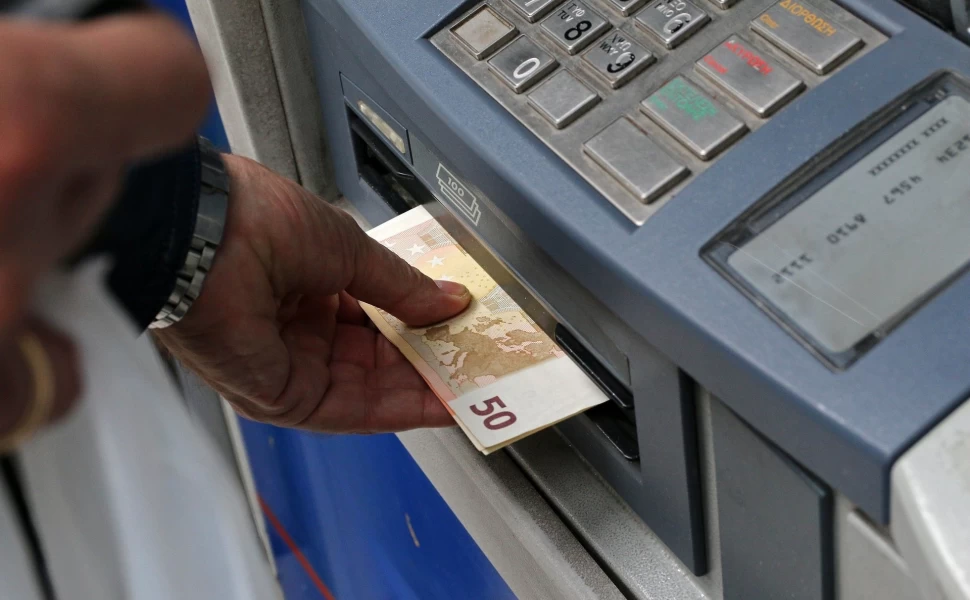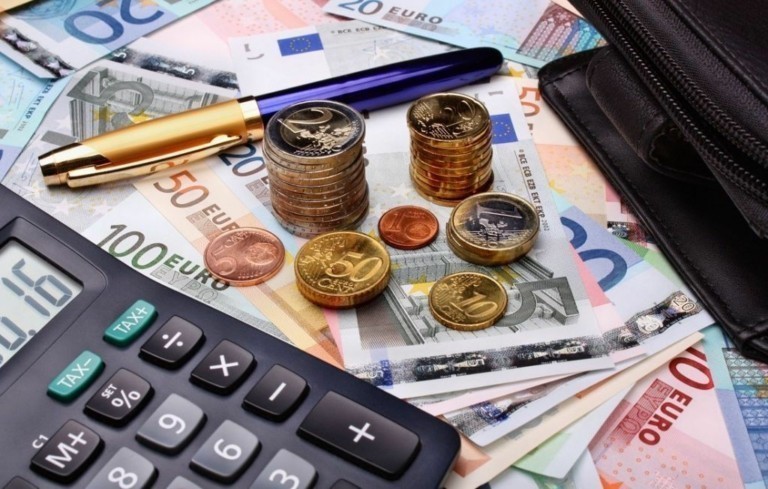
Καταργώντας τον ΦΠΑ σε πολυτελή αυτοκίνητα: Η κίνηση που προκαλεί αίσθηση
Luxury used cars imported from Germany are being “washed” in Bulgaria and then end up in Greece almost tax-free. An elaborate carousel network involving front companies, fake invoices, and a regulatory scheme designed to prevent double taxation is being exploited by certain individuals to magically erase VAT amounting to tens of thousands of euros.
A thorough investigation by the AADE at the first customs office in Thessaloniki has unveiled how the so-called “margin scheme”—a framework established under European law for the trade of second-hand goods—has been twisted into a powerful tax evasion tool. This scheme was initially created to avoid double taxation when a product, like a vehicle, has already been subject to VAT during its original sale. Nonetheless, when it is applied to transactions between businesses rather than between a dealer and a private individual, it morphs into a method for tax avoidance.
The operation unfolds in three main steps:
1. The German seller transfers the vehicle as an intra-community supply to a Bulgarian company. In this scenario, the German entity does not charge VAT when selling to a business from another EU member state possessing a valid VAT number (intra-community supply, zero rate).
2. The Bulgarian “company” receives the vehicle without VAT, and if all appears legitimate, the transaction is recorded as an intra-community acquisition in Bulgaria. To “cleanse” the transaction, the Bulgarian firm presents it as if it was purchased with VAT, which is, in reality, fictitious since it was never paid.
3. The Bulgarian entity resells the vehicle in Greece with an invoice indicating the margin scheme. As a result, the Greek authorities only see the “margin” rather than the actual value of the vehicle, meaning that the import VAT is not collected as it should be.
For instance, consider a used luxury car with a net price (excluding tax) of €50,000. The German seller executes an intra-community supply (i.e., invoices without German VAT (zero rate), and the vehicle is transported to Bulgaria. To give the appearance of legitimacy, the Bulgarian firm shows on paper an amount resembling an invoice of €59,500 (€50,000 + 19% fictitious German VAT), but this amount of €9,500 is neither paid nor collected by the German authorities. Later, in order to enter the Greek market, the Bulgarian company issues a margin invoice indicating a minimal margin, say €2,000.
In Greece, VAT is calculated solely on this margin: 2,000 × 24% = €480. Consequently, the state loses the €12,000 that should be charged on the total value, ending up with just €480, resulting in a loss of €11,520 per vehicle in this scenario. The “19%” noted on paper is a mere fictitious element for appearances— it does not represent actual tax revenue in Germany, but serves as a number to cover tracks.
The margin scheme is legal and is provided for under European guidelines (Article 45 of the VAT Code/Directive 2006/112/EC). Its intent is to prevent the imposition of double VAT on used goods sold from private individuals to dealers. However, when this framework is misapplied in complex chains of corporate dealings, it transforms from a protective tool into one for tax evasion.
According to the findings of the AADE, 19 vehicles with a total value of approximately €885,000 resulted in a VAT loss exceeding €212,000. This reflects a pattern—a systemic issue rather than an isolated incident—based on false invoices, purported purchases from individuals, fictitious export documents, and temporary license plates, which often suffice to mislead a cursory customs inspection.
To uncover such networks, auditors go beyond paper checks. The AADE employs digital cross-verifications: examining records in the European VIES system, reviewing customs registries (exports/imports), cross-referencing vehicle registration data (VIN and historical titles), and analyzing banking transactions. When these elements connect, the narrative of “purchase from a private seller” collapses, paving the way for retrospective claims, fines, and criminal actions.
The case uncovered by the AADE is part of a bigger VAT fraud network that has also caught the attention of the European Public Prosecutor’s Office (EPPO).
As part of the investigation codenamed “Vortex”, European authorities have exposed an organized “carousel” syndicate involving luxury cars, which is believed to have caused a financial impact exceeding €100 million across EU countries. According to the EPPO, over 400 police and tax inspectors took part in simultaneous operations in Germany, the Netherlands, Belgium, Hungary, and Slovakia, leading to numerous searches, arrests, and seizures of luxury vehicles, documents, and bank accounts.
The network operated on the same logic exposed by Greek authorities: front companies pretended to buy cars without VAT from another EU nation (as intra-community supplies), subsequently reselling them within the Union without reporting the tax, and reselling the same vehicles through other companies to complete the loop. In many instances, the very same vehicles appeared to change ownership three or four times solely on paper, aiming to obscure VAT oversight.
The investigation surrounding “Vortex” has focused on high-value luxury vehicles that were repeatedly shifted among the same companies, which created fictitious intra-community sales while evading VAT obligations.
Authorities found that these transactions followed a recurring pattern, with each company in the network acting as a middle link—at times as “exporter,” at others as “buyer” or “reseller”—without ever discharging tax. The EPPO emphasized that this case demonstrates how intra-community VAT rules can be turned into instruments of organized crime when combined with phantom companies and fictitious goods transfers.
The “Vortex” case is now seen as one of the most extensive carousel fraud cases in the European Union, with total tax losses exceeding €100 million. Investigations are continuing across five countries, while the EPPO has already issued warrants and asset seizure orders, highlighting that such frauds cost member states’ treasuries billions of euros each year.
Read more
Golden Visa: The 2025 crash test determines its future in 2026
ODEON: Emerging in the “ spotlight” of auctions (pics)
IEA: A 13% rise in oil demand by 2050 – Electrification is lagging
For all other news on current affairs, visit Proto Thema











